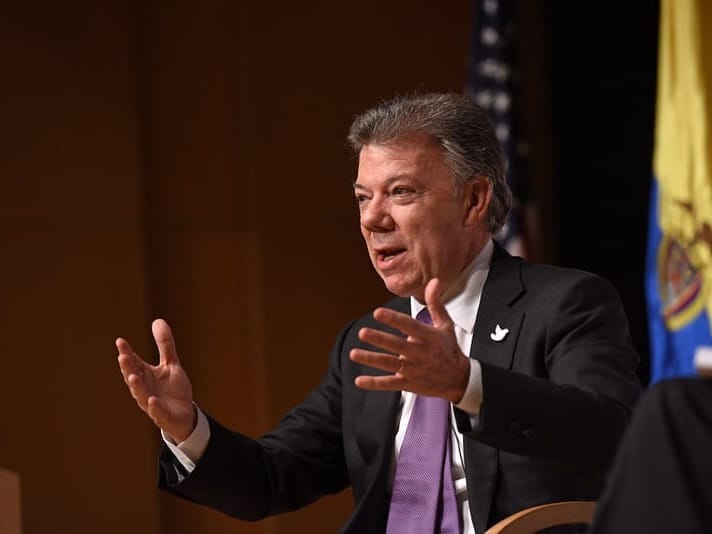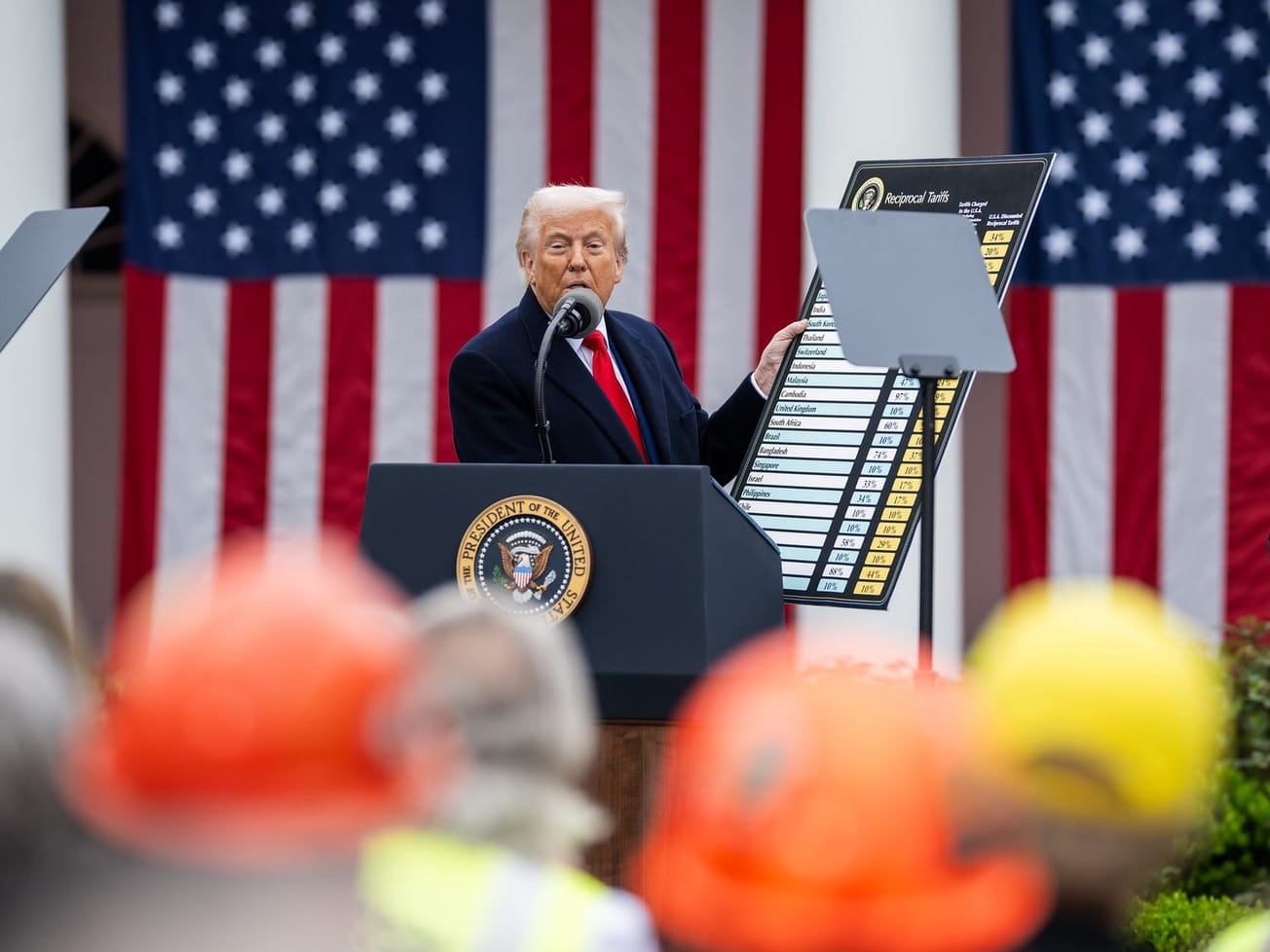GENEVA (AN) — More than 2,000 delegates from 180 nations began two weeks of wrangling on Monday over three global treaties intended to protect human health and environment from hazardous chemicals and wastes.
Negotiations and decision-making began Monday under the science-based, legally binding Basel, Rotterdam and Stockholm Conventions with an eye toward fulfilling some related aspects of the U.N.'s 17 Sustainable Development Goals for 2030.









